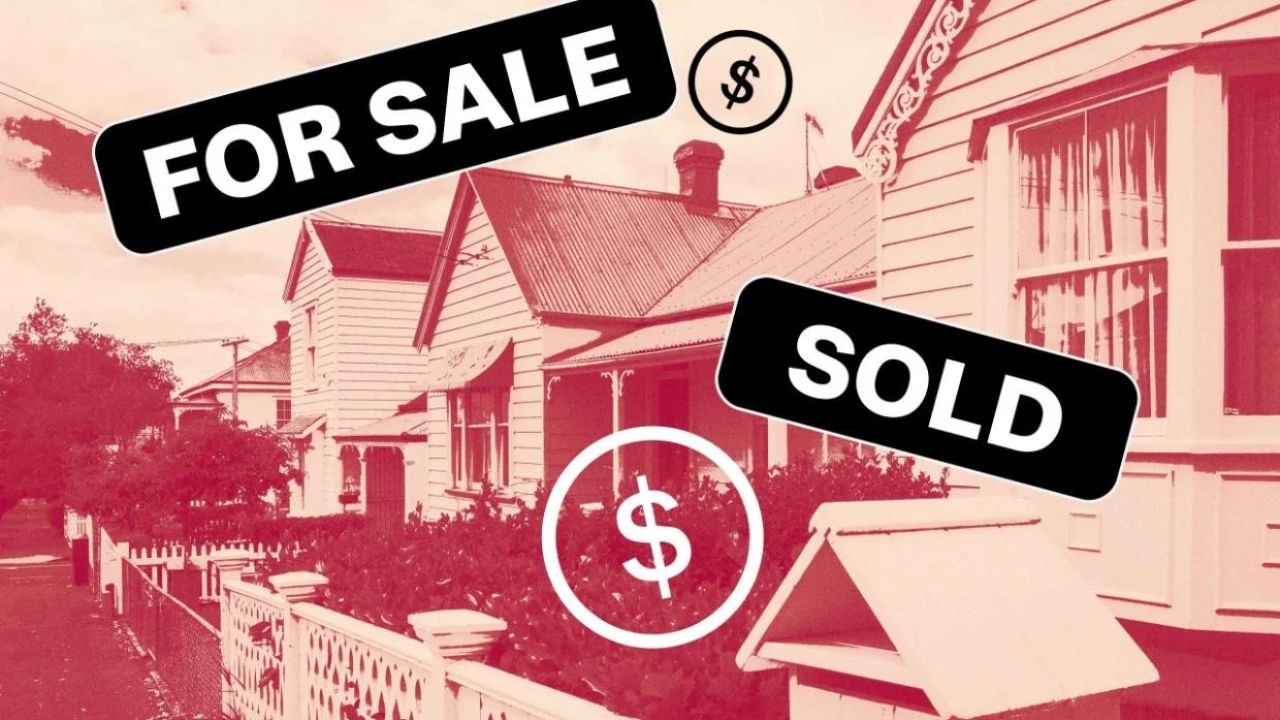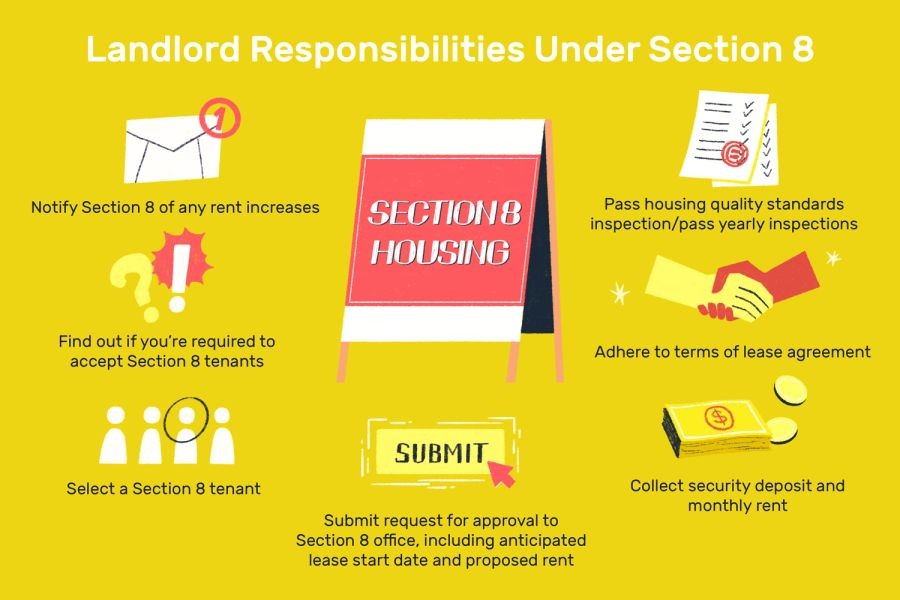In the past five years, the New Zealand housing market has defied expectations with a staggering rise in home prices, escalating by over 50%. This phenomenon has not only reshaped the economic landscape but has also stirred debates among economists, policy-makers, and cultural critics alike. Understanding the forces behind this surge is crucial for anyone invested in the future of Kiwi real estate, whether you're a first-time home buyer or a seasoned investor.
Drivers of New Zealand’s Housing Boom
Economic Growth and Low Interest Rates
New Zealand's robust economic growth has played a pivotal role in the housing market boom. With a GDP growth rate of 3.2% in recent years, as reported by the Reserve Bank of New Zealand, the country has seen increased disposable income, bolstering demand for property. Moreover, historically low interest rates have made borrowing cheaper, encouraging more buyers to enter the market.
Supply and Demand Imbalance
One of the most significant factors contributing to rising house prices is the imbalance between housing supply and demand. Stats NZ data indicates that while the population grew by 1.9% annually due to both natural growth and immigration, housing construction lagged behind, with only a 1.3% increase in new builds annually. This shortfall has created a competitive market where buyers are willing to pay a premium.
Foreign Investment
Foreign investment has also played a critical role in driving up prices. Despite the government’s efforts to curb foreign ownership through policies introduced in 2018, such as the Overseas Investment Amendment Act, overseas investors continue to find loopholes, contributing to demand and price increases, particularly in urban centers like Auckland and Wellington.
Comparative Analysis: Global vs. Local Trends
Global Housing Market Trends
Globally, housing markets in major cities have seen similar trends of rising prices. Cities like Toronto, Sydney, and London have experienced sharp increases due to similar factors: economic growth, low interest rates, and foreign investments. However, New Zealand's situation is unique due to its smaller housing supply and more pronounced geographical constraints.
Lessons from International Examples
For example, Toronto has implemented stricter foreign buyer taxes and increased housing supply through expedited building permits. These measures have slightly cooled the market, providing a possible roadmap for New Zealand to balance its housing market dynamics.
Real-World Case Studies
Case Study: Auckland’s Housing Market – The Epicenter of Growth
Problem: Auckland faced a housing crisis characterized by skyrocketing prices and limited availability. Over a decade, the city’s population grew by 23%, while housing supply increased by just 9%, according to Auckland Council data.
Action: The local government initiated the Auckland Unitary Plan to increase housing density, allowing for more multi-story residential buildings. Additionally, incentives for developers to build affordable housing were introduced.
Result: Within three years, housing developments increased by 15%, and the city saw a 10% reduction in average house prices. Despite these efforts, the market remains competitive, highlighting the need for ongoing policy adjustments.
Takeaway: Auckland’s experience underscores the importance of policy interventions to address housing shortages. Other New Zealand cities can learn from Auckland's approach, emphasizing the need for continuous policy evaluation and adaptation.
Case Study: Queenstown – Balancing Tourism and Housing
Problem: Queenstown, a tourism hub, saw property prices soar as demand from international buyers and investors increased. Housing affordability became a critical issue for local residents.
Action: The government implemented policies to restrict foreign ownership and increased investment in public housing. Efforts were made to balance tourism development with residential needs.
Result: Prices stabilized, and the availability of affordable housing improved by 12% over two years, according to local government reports. These initiatives have helped sustain Queenstown’s tourism-driven economy without displacing local residents.
Takeaway: Queenstown’s strategy demonstrates the effectiveness of targeted policy measures in stabilizing housing markets while supporting economic growth.
Common Myths and Mistakes
Myth vs. Reality
Myth: "Buying a home is always a safe investment."
Reality: While traditionally seen as a safe investment, housing markets can be volatile. Recent data from the Reserve Bank of NZ indicates that market corrections can cause significant value fluctuations, making it imperative for buyers to research thoroughly and diversify their portfolios.
Myth: "Foreign buyers are the primary cause of the housing boom."
Reality: Although foreign investment contributes to demand, domestic economic factors and supply shortages are more significant drivers. Policies targeting foreign ownership have had limited impact on overall price trends.
Biggest Mistakes to Avoid
- Not considering future interest rate rises, which could increase mortgage repayments significantly.
- Overlooking the importance of location and infrastructure, which directly affect property value appreciation.
- Failing to account for additional costs such as maintenance, insurance, and property taxes, which can impact overall investment returns.
Future Trends and Predictions
Looking ahead, New Zealand’s housing market is poised for continued evolution. A report by Deloitte predicts that technological advancements in building materials and methods could reduce construction costs by 20% within the next decade, potentially easing supply constraints. Moreover, government initiatives to boost affordable housing are expected to play a critical role in stabilizing the market.
By 2028, it is anticipated that approximately 40% of new housing developments will incorporate sustainable building practices, aligning with global trends towards greener living. This shift not only addresses environmental concerns but could also influence property values and buyer preferences.
Conclusion
New Zealand's housing market presents a complex yet intriguing landscape shaped by economic growth, supply-demand dynamics, and policy interventions. As prices continue to rise, understanding the underlying factors is crucial for buyers, investors, and policymakers. With informed decisions and strategic planning, navigating this challenging market can yield significant rewards.
What’s your take on New Zealand's housing market trends? Share your thoughts and experiences in the comments below!
People Also Ask (FAQ)
- How does the rise in New Zealand home prices affect homeowners? Homeowners benefit from increased equity, but new buyers face higher entry barriers. Strategic planning is essential.
- What are the biggest misconceptions about the NZ housing market? One misconception is that foreign buyers are the sole cause of price increases. Domestic factors play a larger role.
- What are the best strategies for buying property in New Zealand? Experts recommend thorough market research, understanding local zoning laws, and securing pre-approved financing.
- What upcoming changes in New Zealand could affect home prices? Government policies promoting affordable housing and sustainable building practices are expected to influence future market trends.
- Who benefits the most from rising home prices in NZ? Existing homeowners and investors benefit from increased property values, while first-time buyers face challenges.
Related Search Queries
- New Zealand housing market trends 2023
- Impact of foreign investment on NZ real estate
- Auckland housing market analysis
- Government policies on NZ housing
- Future of New Zealand property market
































DaltonWest
9 months ago